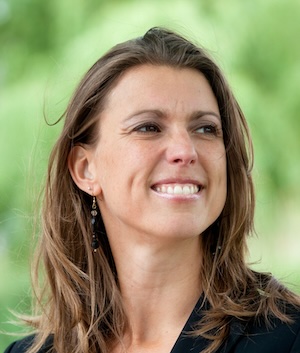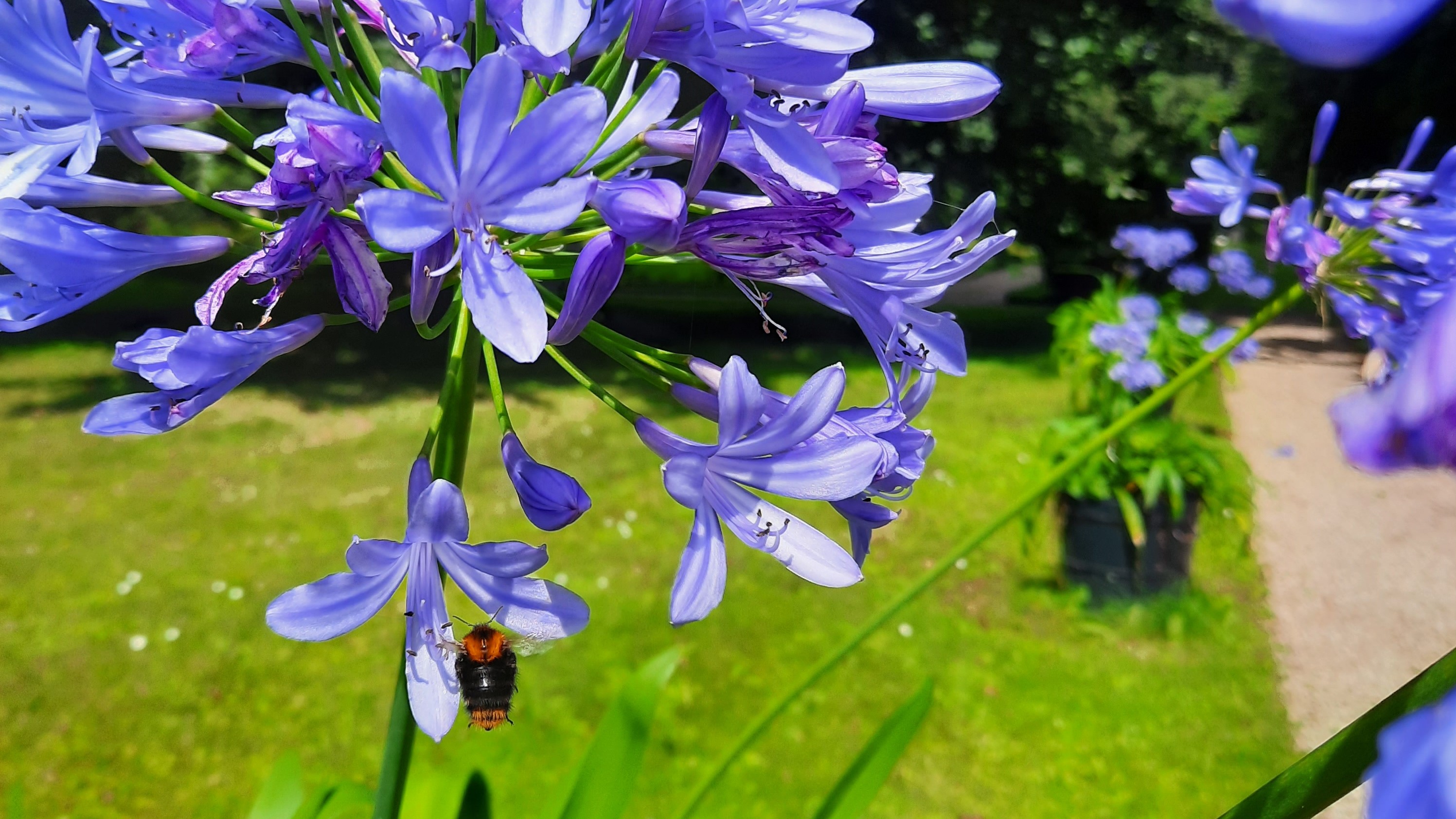You should let people decide for themselves whether they are a stakeholder and why. That’s what Tanja de Jonge argues, who will receive her doctorate from Nyenrode Business University on September 17. “There are more stakeholders than just the usual suspects.”
 Throughout her career, De Jonge noticed that organizations primarily valued the interests of shareholders and employees. "When I pressed on and asked whether they also took other parties into account, it remained silent. What I find interesting is that companies try to manage contact with stakeholders themselves. But I always turn it around: organizations are created because stakeholders benefit from them, and they can achieve more together. Therefore, you should allow your stakeholders to have a say if they feel the need." De Jonge says there should be a balance between a company's financial goals, and its impact on people and nature. “Meanwhile, you see more and more organizations increasingly involving stakeholders in their decision-making processes, because they are convinced that this contributes to long-term value creation.”
Throughout her career, De Jonge noticed that organizations primarily valued the interests of shareholders and employees. "When I pressed on and asked whether they also took other parties into account, it remained silent. What I find interesting is that companies try to manage contact with stakeholders themselves. But I always turn it around: organizations are created because stakeholders benefit from them, and they can achieve more together. Therefore, you should allow your stakeholders to have a say if they feel the need." De Jonge says there should be a balance between a company's financial goals, and its impact on people and nature. “Meanwhile, you see more and more organizations increasingly involving stakeholders in their decision-making processes, because they are convinced that this contributes to long-term value creation.”
Philosophical edge
In her doctoral research, De Jonge seeks the answer to the question of how organizations can create a communicative space to engage stakeholders in decision making with respect for each other's equality and aimed at reaching consensus. "Based on my literature review, I developed a model that I then wanted to test in practice. My supervisor then pointed me to the role of discourse ethics. This is a theory in philosophy that describes how people should communicate and make decisions with each other, especially in situations where consensus is needed, or where important choices must be made. Discourse ethics contributes to an ideal form of deliberation that promotes equality among stakeholders and their interests."
Legitimate interests
In her search for an organization willing to cooperate in her research, De Jonge came in contact with a large funeral home. "This organization's issue related to the privacy of deceased people. It wanted to discuss this with its stakeholders. The challenge then is to look for legitimate stakeholders: people who have a legitimate interest. Of course, an organization can make its own list, but it often only includes the usual suspects, such as employees and customers. We then actively placed calls on various (online) media channels. In these, we presented the case and asked whether anyone considered themselves a stakeholder and why. We then invited the people who could well substantiate their interest to meet for three afternoons. The nice thing about this approach is that you sit around the table with people from the most diverse backgrounds. And parties came forward that were not on the original list, such as the Consumers' Association, some lawyers and a privacy expert."
Updating
The sessions were guided by a moderator who used discourse ethics. “I noticed that this approach made the participants feel more and more comfortable and quicker to speak up.” Although De Jonge's model proved to work nicely in practice, she also had to refine it as a result of the case study. "I received feedback that people preferred to break up into small groups. I found that difficult, because the starting point in my model was a conversation between all participants. We then solved this by doing the beginning and the end of the sessions in plenary with a kind of mini sessions in between. The content of those mini-sessions was fed back to all participants afterwards, though." The meetings resulted in a shared vision that was delivered to the board of the funeral home. "One of the components of my model is that when consensus is reached, the outcomes are incorporated into a normative framework for management. So I agreed with the board in advance that they would actually work with the results, and they did." Participating is one thing, but only a few companies actually give their stakeholders a say in decision making. “Personally, I would prefer to see the right to stakeholder participation enshrined in law.”About Tanja de Jonge
Tanja de Jonge began her career as a chartered accountant and then worked at the Ministry of Foreign Affairs. Wanting to become more actively involved in society, she decided to go into education. In 2011, she started her own company in which she helped civil society organizations develop more entrepreneurship and be financially independent. De Jonge also helped companies operate more sustainably. From 2018, she rolled into politics: first as alderman in Barendrecht and currently as alderman in Dordrecht.

